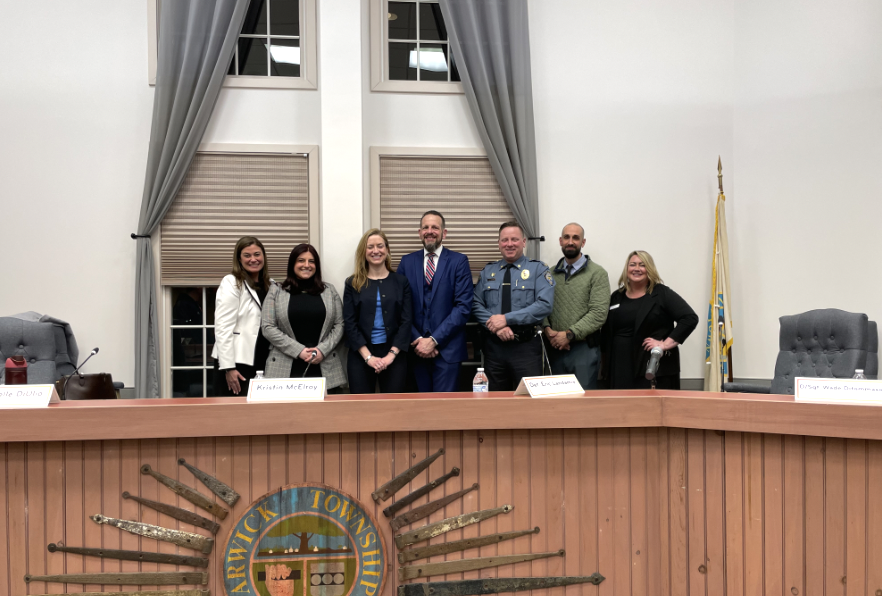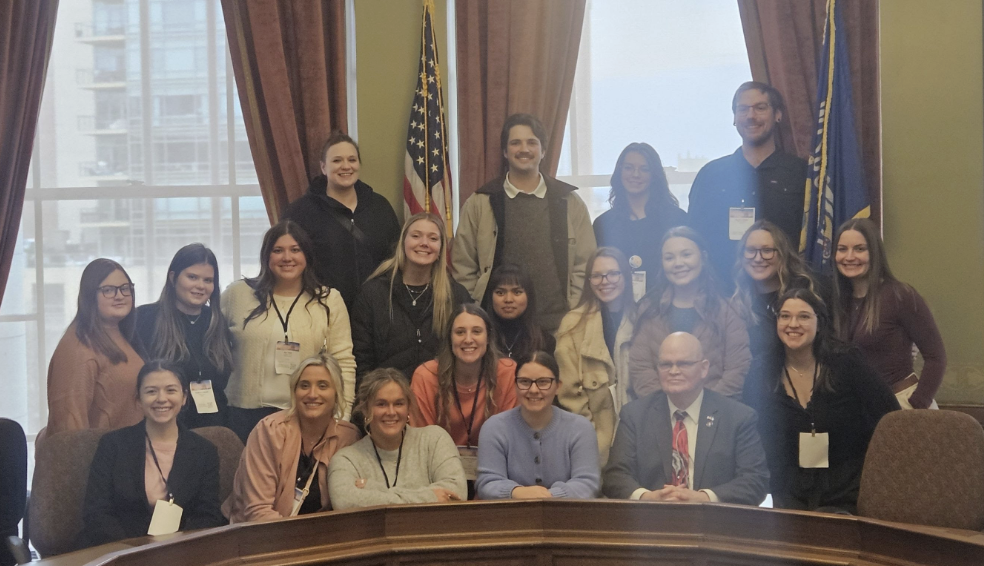Florida Candidate Releases Multi-Point Proposal Targeting Costs and Economic Stability

Former Florida House Speaker and current gubernatorial candidate Paul Renner has introduced the Florida First Affordability Plan, a wide-ranging economic proposal aimed at lowering costs, strengthening job opportunities, and improving long-term financial stability for residents across the state.
Framed as a response to rising household expenses—including property taxes, insurance premiums, and healthcare costs—the plan outlines policy changes across five major areas: taxes, insurance reform, healthcare, education, and workforce development.
“Families across this state are working harder than ever; yet, financial freedom seems unattainable,” Renner said as he unveiled the proposal. He described the plan as an effort to “deliver real relief” and create a more affordable environment for Florida families.
Property Tax Changes and Homeowner Protections
A central component of the plan focuses on Florida’s fast-increasing property taxes. Renner proposes an immediate rollback through legislative action, paired with structural changes to prevent future increases from outpacing income growth. His proposal would also require a two-thirds supermajority vote for any new or expanded tax or fee at the local level, followed by voter approval.
Additional provisions include property tax abatement for seniors, protections for first-time homebuyers, and a long-term vision to phase out homestead property taxes while maintaining funding for public safety, schools, and essential services. The plan also seeks to address rising housing costs by restricting large institutional investors from purchasing single-family homes, a trend some policymakers nationwide have raised concerns about.
Insurance Reform to Address Rising Premiums
With Florida continuing to face some of the highest insurance premiums in the country, Renner’s proposal includes changes aimed at reducing costs and increasing consumer protections. The plan calls for limiting what he describes as “litigation abuse” and “nuclear verdicts,” two factors he argues contribute to rising premiums.
Other provisions include reforming litigation financing, expanding home-hardening programs that help homeowners qualify for premium reductions, and strengthening oversight to ensure insurers handle claims efficiently and responsibly.
Healthcare Affordability and Access
Renner’s proposal also addresses healthcare affordability—an issue affecting families nationwide. His plan calls for shifting more control to the states, including encouraging Congress to revisit federal healthcare mandates. The proposal includes the creation of a Florida Health Freedom and Wellness Initiative to expand patient choice and promote lower-cost, high-quality care options.
Renner also emphasizes workforce expansion as a tool for reducing wait times and improving access, noting that Florida’s growing population has placed increasing pressure on the state’s healthcare capacity.
Aligning Education with Workforce Needs
In education, the plan centers on preparing students for rapidly evolving career fields, especially as artificial intelligence changes the value of certain degree programs. Renner proposes requiring public universities to adjust academic programs to ensure graduates can enter strong job markets. His plan also maintains current in-state tuition levels and protects existing school choice scholarship programs.
He also calls for limiting admissions for international students from what he identifies as adversarial nations, framing the move as an issue of national security.
Jobs, Wages, and Workforce Development
The final segment of Renner’s plan focuses on building a more competitive workforce. This includes regulatory reforms intended to support small business hiring, expanded vocational and technical training programs, and broadened apprenticeship pathways for skilled trades.
Renner also proposes ending H-1B visa hires for state government roles and procurement, saying Florida workers should be prioritized for publicly funded jobs.
A Wide-Ranging Vision for the State’s Future
While announcing the plan, Renner emphasized affordability as the primary concern shaping his campaign. “We can provide residents with lower costs and a business climate that creates jobs with better incomes,” he said.
He framed the proposal as a long-term strategy to stabilize household budgets and strengthen Florida’s economy, saying the plan “will lower costs, strengthen communities, and open doors for every Floridian to succeed.”
RECENT










BE THE FIRST TO KNOW

More Content By
Think American News Staff












